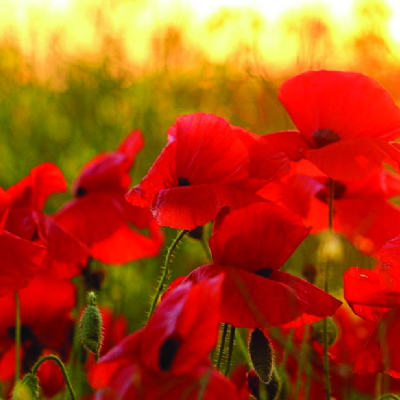Celebrating Armistice Day at Greenshaw

Students at Greenshaw celebrated Armistice Day this week with a whole-school assembly.
Head of History, Mr Bell, lead the assembly and talked about the origins of Armistice Day at the end of the Second World War. Armistice Day marks the agreement signed at 11.00am on 11th November, 1918, between the Allies and the Germans to end hostilities on the Western Front. Remembrance Sunday is observed on the nearest Sunday to 11th November, where we take the time to remember those who have died in all conflicts since World War II, and he told us why this is still so very relevant today, with the conflicts in Ukraine and Gaza.
He also explained why we wear poppies on Remembrance Day. This is because they grew in the devastated battlefields of World War I and have become a symbol of remembrance for all those who have died in conflict. The tradition was inspired by a poem called ‘In Flanders Fields’ by John McCrae. Mr Bell read part of the poem to students:
In Flanders fields the poppies blow
Between the crosses, row on row,
That mark our place; and in the sky
The larks, still bravely singing, fly
Scarce heard amid the guns below.
We are the Dead. Short days ago
We lived, felt dawn, saw sunset glow,
Loved and were loved, and now we lie,
In Flanders fields.
The whole school observed a minute’s silence and then listened to Mr Bell reading an excerpt from a poem by Robert Laurence Binyon published in The Times newspaper on 21st September 1914:
They went with songs to the battle, they were young,
Straight of limb, true of eye, steady and aglow.
They were staunch to the end against odds uncounted,
They fell with their faces to the foe.
They shall grow not old, as we that are left grow old:
Age shall not weary them, nor the years condemn.
At the going down of the sun and in the morning
We will remember them.

